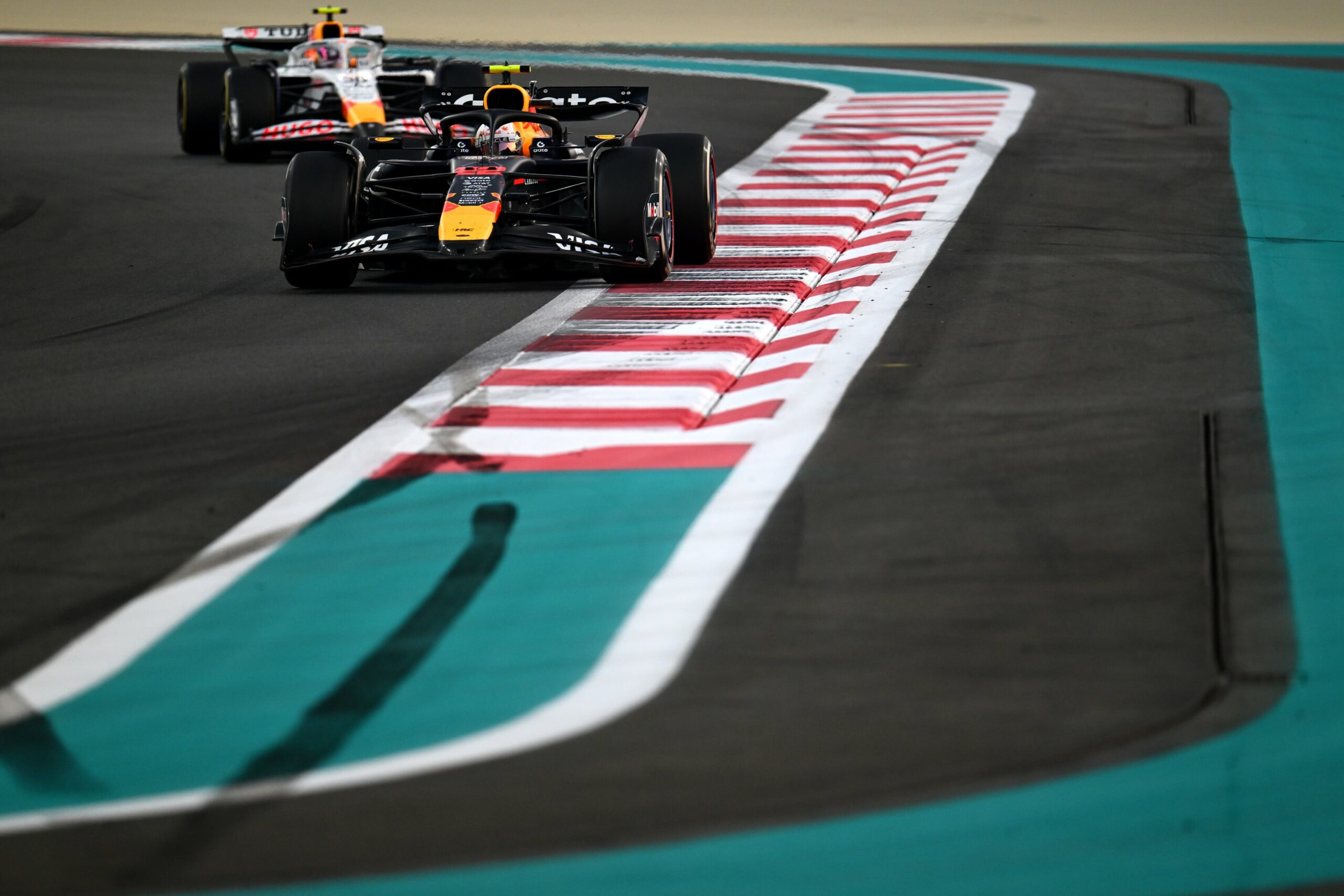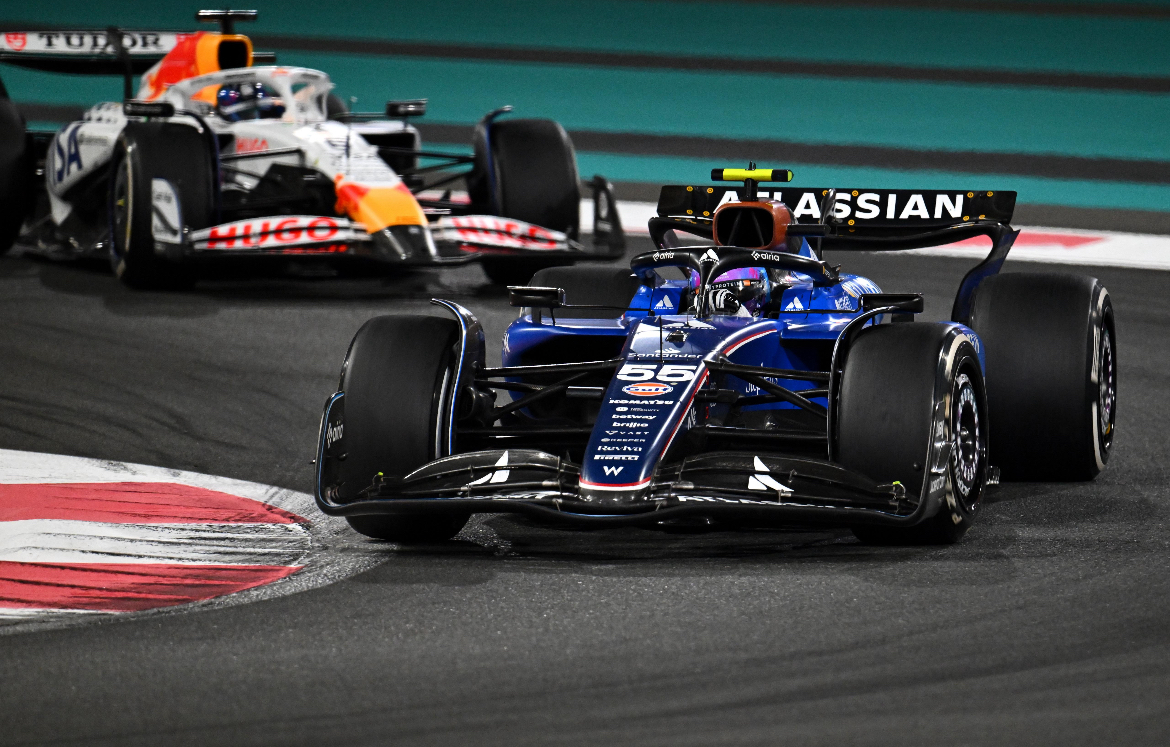
Photo Credit: Mercedes-AMG Petronas F1 Team
The F1 Commission has agreed to increase the allocation of extra PU elements for 2023.
Starting immediately, every driver is free to use four instead of three new elements. This change applies to the Internal Combustion Engine (ICE), Turbo Charger, MGU-H and MGU-K.
The number of allocated energy store and control electronics replacements remains unchanged—two units of each allowed per season. Ferrari’s Charles Leclerc picked up an early-season 10-place grid penalty in Saudi Arabia for taking a third CE.
This update to the technical regulations aims to reduce or at least delay grid penalties being applied for the use of extra engine elements as the record-breaking 23-race season wears on. The news will come as a relief to those already on their second ICE component heading into Baku, including both Ferrari, Alfa Romeo and Haas drivers, Nyck de Vries, and Lando Norris. Additionally, George Russell is expected to be fitted with new PU parts after an engine failure took him out of the Australian GP.
The sporting regulations have also received an overhaul, with the time allocated to the grid procedure for a Grand Prix being bumped up from 40 to 50 minutes and, “at certain races, this additional time will be used for the presentation of the drivers to the fans.”
The definition of “working on a car during a penalty pit stop” has been clarified and updated following the confusion regarding Fernando Alonso’s overturned penalty in Saudi Arabia. Now, the amended regulation formally states that a jack touching a car constitutes ‘working.’
Other changes include proposed cost cap exclusions for sustainability initiatives.
As per the FIA’s statement:
“[…] Certain Sustainability Initiative Costs will now be excluded from the Cost Cap. These exclusions cover, amongst other things, costs associated with installing sustainable infrastructure, auditing and monitoring of Competitors’ carbon footprint, donations to charities engaged in the promotion of environmental sustainability projects and carbon offset programmes. The FAC will continue to refine this regulation.”





